My child is sensitive to loud noises. What do I do?
My child is sensitive to loud noises. What do I do?
Many people have noise sensitivities. I think about the constant buzz of fluorescent lights, or emergency sirens on the road, and understand that noise sensitivities can be almost anywhere. For our children with noise sensitivities, it can be difficult to predict when and where they may be triggered and how to help them respond. Thankfully, there is much that we can do to support our children.
What are the signs of noise sensitivity?

Children with noise sensitivities can have an extreme response. They may cover their ears, loudly scream to mask the noise, or even try to run away. These responses can catch a parent or caregiver off guard, further stressing the already dysregulated child. It can be very difficult to navigate, especially when the unexpected happens.
How can I help my child with unexpected or loud noises?
With a child sensitive to noise, listening to different noises in a controlled space, such as a room in the home, and explaining what each one might be signaling can be very helpful. For instance, play the sound of a siren on low setting on your phone or computer. Talk about what the noise is and what it tells the people around. Then play dog barking, and talk about why the dog barks…to warn their family that someone is nearby. Ask your child a noise that they want to explore and play some more noises. You may be able to adjust the volumes higher and lower as you explore. This can provide some safe exposure to the noises that may cause them discomfort.
What are some sensory support tools for noise sensitivity?

Noise-reducing earplugs, or noise-canceling headphones, may also be a useful tool. These can be worn on outings, at school, or at home. Keeping them close by may be a comfort to your noise-sensitive child so that they can put them on if they are startled or upset by an unexpected noise. Noise-reducing earplugs can be worn discreetly and gently lower the volume of the sound your child is experiencing. They still allow the majority of the environmental noise in so that conversations can be heard and responded to while wearing. Noise-canceling headphones block much of the noise through absorption and reduction of the environmental noise.
A sound machine may also be a useful tool for your child. Creating some white noise in the background may comfort your child. A sound machine gives constant background noise while your child plays or sleeps. Different timers can be set to automatically turn off if used for bedtime routines.
How can I expose my noise-sensitive child to sounds?
A fun way to introduce many different noises to your child is to play with noisemakers and musical instruments. Making a game out of ringing bells and turning rainsticks can give children a sense of empowerment as they become the creators of the noise itself. This introduces your child to many different types of noises in a safe and known environment.
Will my child outgrow their noise sensitivity?
While some children’s noise sensitivity may be reduced, others may continue to have noise sensitivities. The goal is for your child to be able to manage noise sensitivities by supporting them in finding strategies that work. If your child’s daily life is consistently disrupted by noise sensitivities, reach out to your healthcare provider or therapist to discuss additional supports and tools for your child.

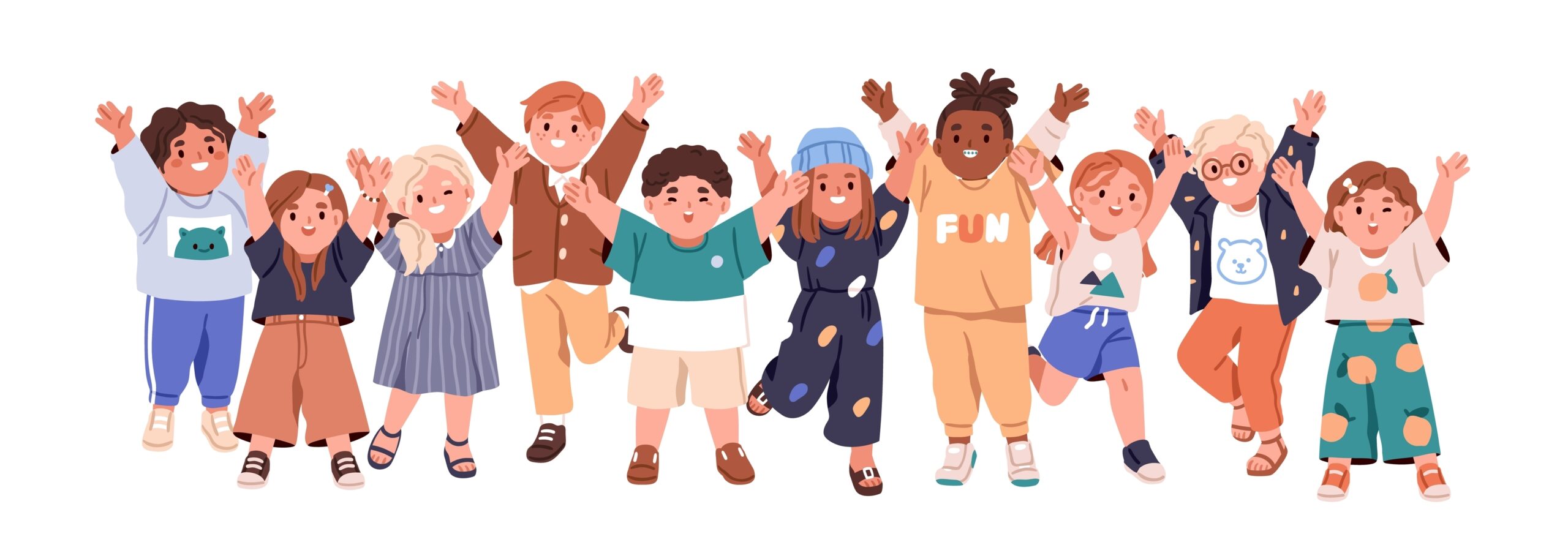
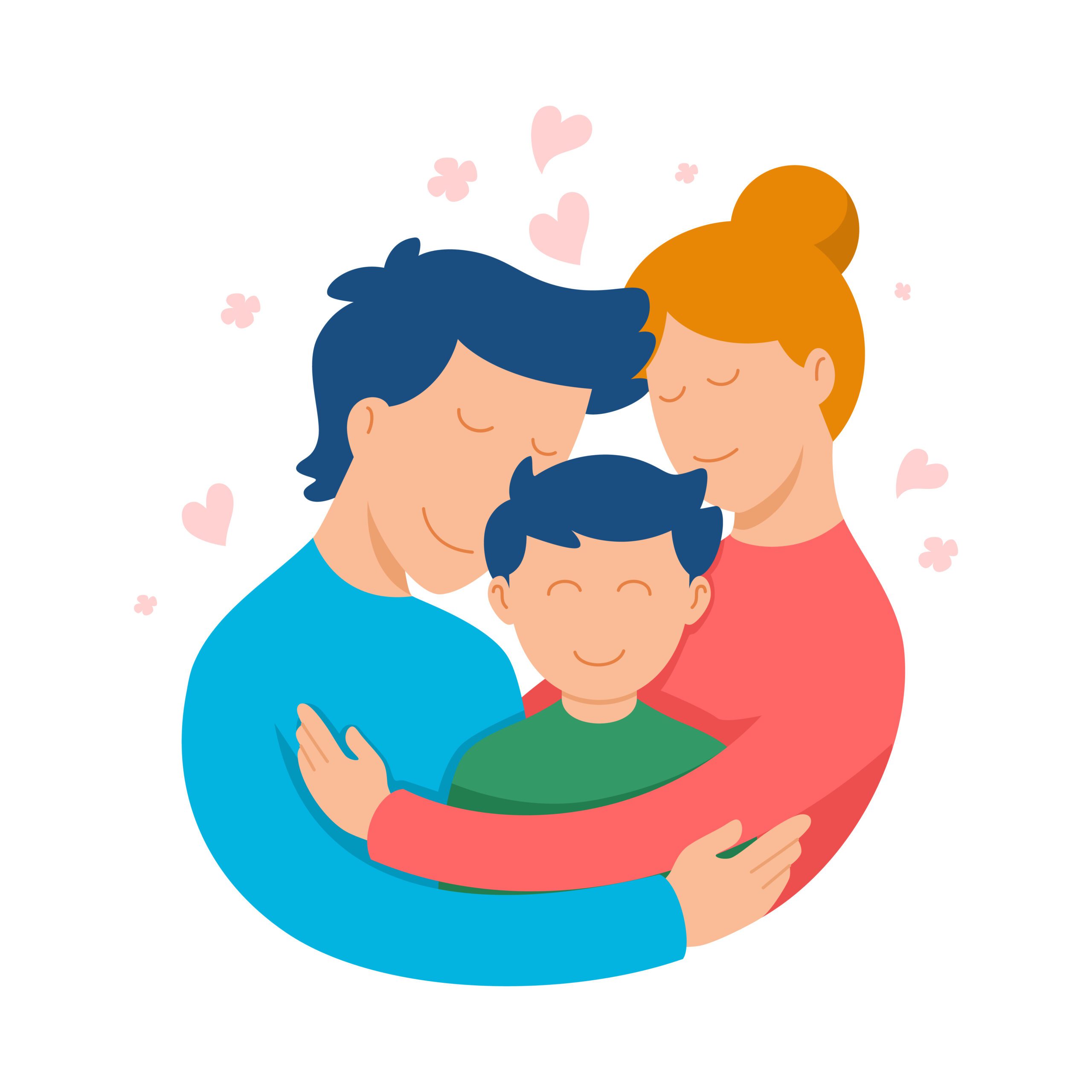
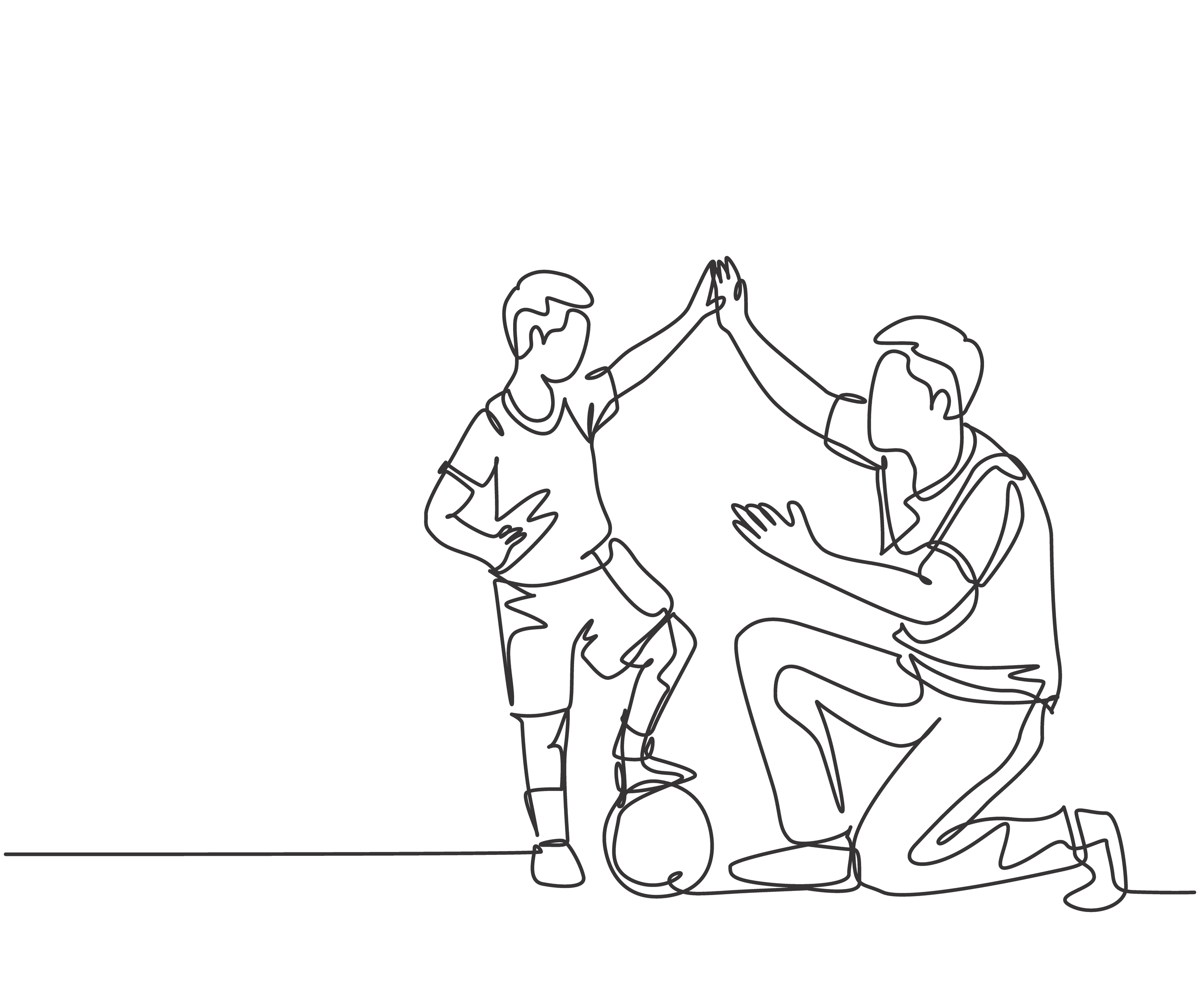







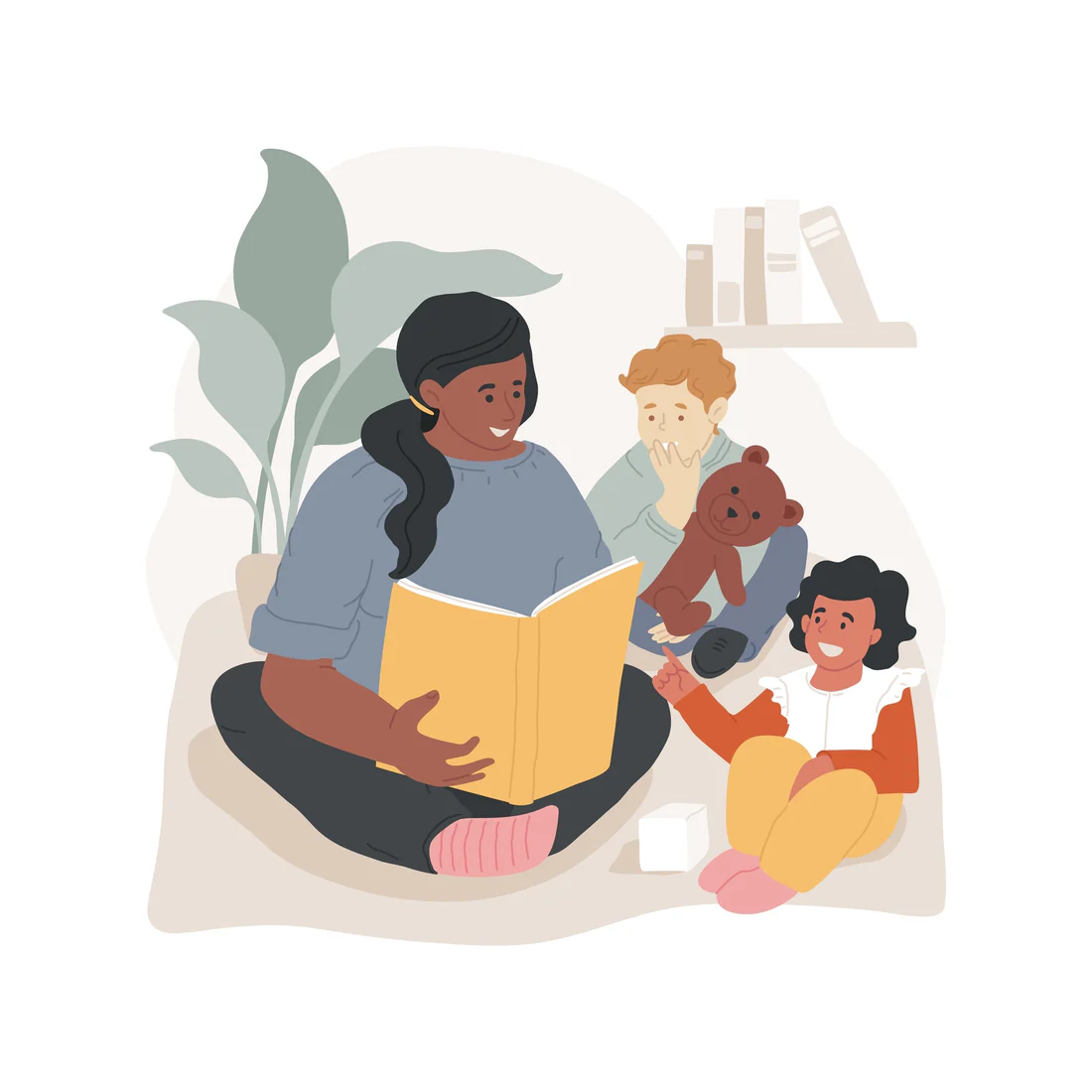
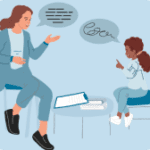 Speech Therapy
Speech Therapy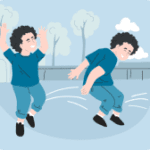 Physical Therapy
Physical Therapy Occupational Therapy
Occupational Therapy



